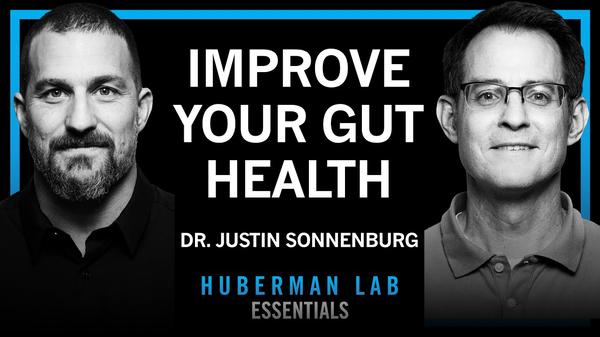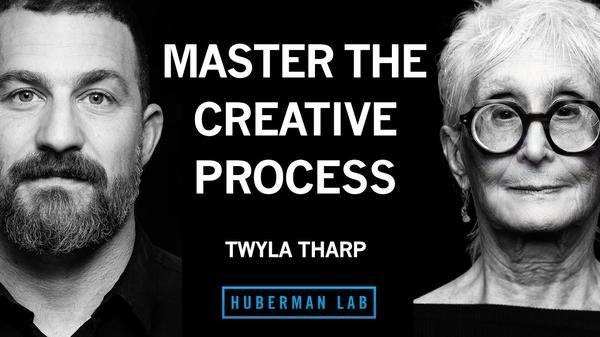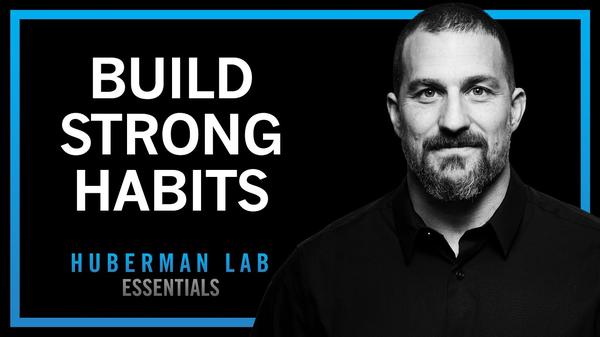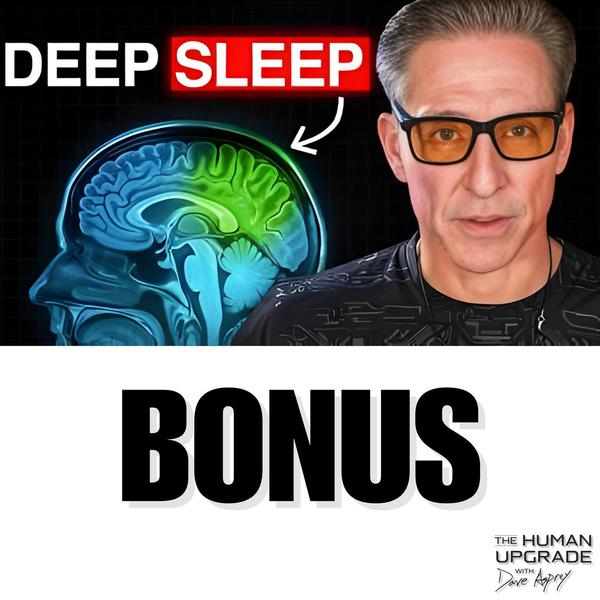
Using Science to Optimize Sleep, Learning & Metabolism | Huberman Lab Essentials
Andrew Huberman
Nov 28, 2024
Mindsip insights from this episode:
Use cold showers to adjust your sleep schedule
A cold shower in the morning will phase-advance your clock, making you want to wake up earlier the next day, while late-day cold exposure will delay it.
Accelerate learning with 20-minute NSDR after study sessions
Following a 90-minute learning session with a 20-minute Non-Sleep Deep Rest (NSDR) protocol can significantly accelerate the rate and retention of what you learned.
Reintroduce cues during sleep to enhance memory retention
Re-introducing a specific odor or sound during sleep that was present while you were learning can significantly improve memory retention of that material.
Dim red light therapy panels for evening use to protect circadian rhythm
Most commercial red light therapy panels are far too bright for evening use and will disrupt your circadian rhythm; if used for this purpose, they should be very dim.
Get outside for effective circadian rhythm regulation
Setting your circadian clock with sunlight through a window is 50 to 100 times less effective than being outside, an effect you can measure with the free 'Light Meter' app.
Understand melatonin's role in your body's seasonal timing
Your body's cells don't actually know the length of the day; they determine the time of year by the duration of the nightly melatonin signal.
Enjoy moonlight and firelight without disrupting circadian rhythm
Viewing moonlight, candlelight, or even a roaring fire at night will not reset your circadian clock or trick your brain into thinking it's morning.
Establish morning exercise to cultivate wake-up habit
Exercising first thing in the morning creates an anticipatory circuit that will make you want to wake up earlier on subsequent days.
Utilize temperature to synchronize your circadian clock
Temperature is the primary way your master circadian clock communicates with and synchronizes all the cells and tissues of your body.
More from
Andrew Huberman
You also might be interested in
Your Brain Has A Sleep Switch (Do THIS To Turn It On)
How To COOL Your Body For Better Sleep, INCREDIBLE Travel Sleep Tips & Orion Vs. Eight Sleep With Dr. Michael Breus
Everything You Need To Know About Sleeping Better, Hacking Sleep, Sleep Cycles, Insomnia, Sleep Apnea & More With Dr. Daniel Gartenberg (Best of LIFE Network's Experts!)
This Commonly Missed Disease Can Rapidly Age Your Brain
This Commonly Missed Diagnosis Leads to Rapid Brain Aging













